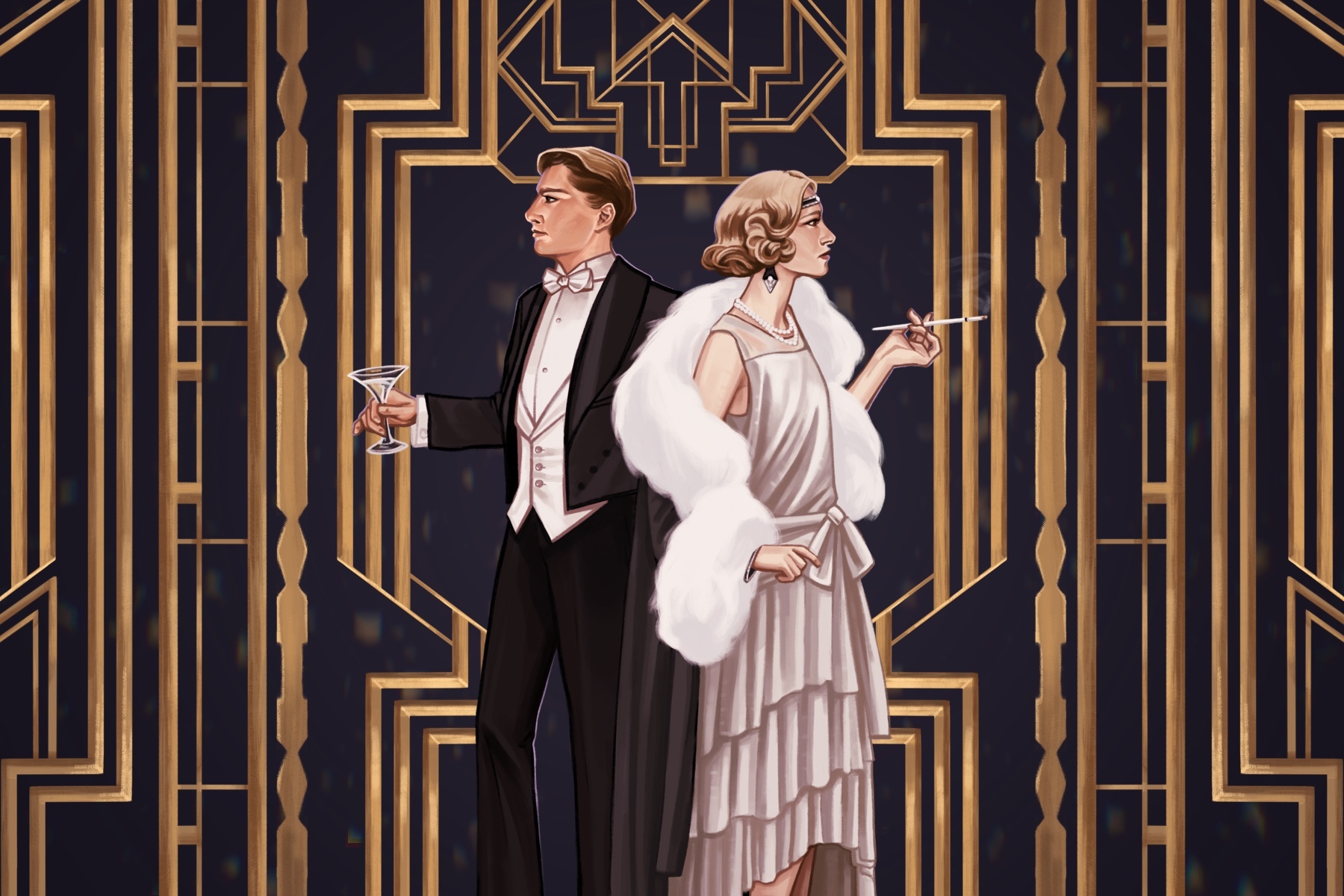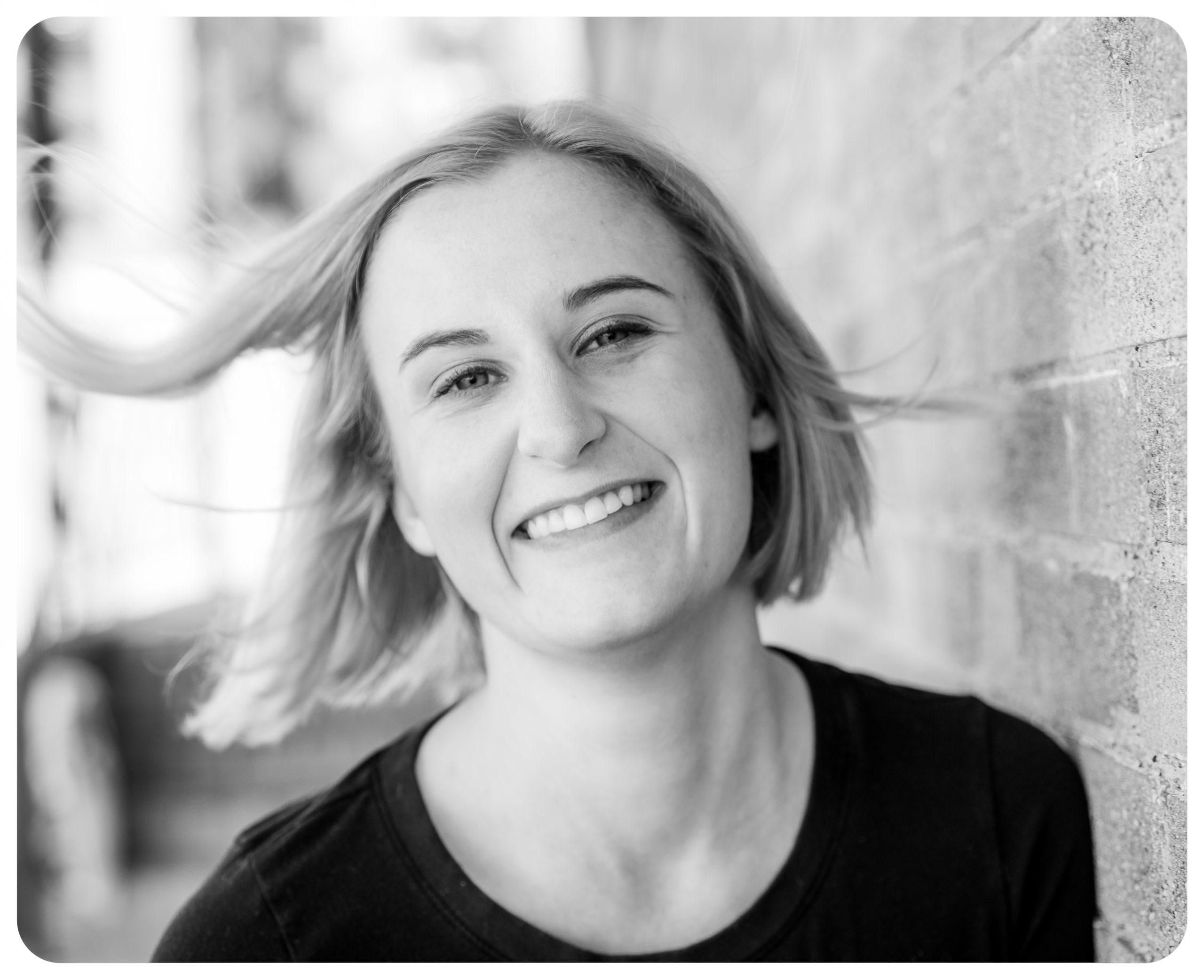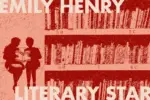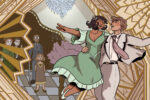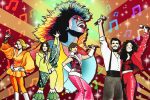It was merely a matter of time before hopeful artists flooded the market with “Gatsby” spinoffs of every creed. After F. Scott Fitzgerald’s 1925 novel “The Great Gatsby” was released into the public domain this past January, novelists, satirists, playwrights and musicians have been clawing at each other’s throats to produce the next greatest “Gatsby.” The ensuing melee has left fans with a salmagundi of “Gatsby”-adjacent content to indulge in.
The Great
As is to be expected, the merit of these respective artistic endeavors is greatly stratified. Perhaps the most promising of these spinoffs is the upcoming “The Great Gatsby, A New Musical.” The musical’s creative team features the songwriting prowess of indie rock artist Florence Welch of Florence + The Machines, as well as the literary talent of Pulitzer Prize-winning playwright Martyna Majok. Although a production schedule has yet to be set, fans of the novel hold high hopes for its eventual release.
A variety of literary spinoffs have also garnered considerable attention from bibliophiles. Michael Farris Smith’s novel “Nick,” a prequel to “The Great Gatsby,” details the life of narrator Nick Carraway before his move to West Egg. Carraway’s signature indifference has solidified him as a seemingly unattached and objective fixture in Fitzgerald’s novel. Smith delves into Nick’s past in the trenches during World War I and his futile attempts at blotting out the horrors he experienced through revelry, debauchery and excess. Nick gets a Caulfield-esque character arc and a level of subjectivity that his voice in “The Great Gatsby” never granted him.
“The Chosen and the Beautiful,” a novel by Nghi Vo, has sparked similar levels of interest. Vo’s narrative is set from the viewpoint of one of Fitzgerald’s most magnetic supporting characters, the charming Jordan Baker. In a bold subversion of expectation, Vo’s Baker is a queer Asian woman. The novel borrows heavily from the magic realist tradition, adding a new level of mystique to the already captivating tale. Despite its strict adherence to the original plot of “The Great Gatsby,” it gives voice to a character as mysterious as she is captivating.
… And The Not-So-Great
Alas, not all spinoffs are created equal.
Every sincere retelling of “The Great Gatsby” has its ridiculous counterpart. Amazon’s most absurd annals will reveal countless bastardizations of the work, freely available for public consumption. For instance, Dick C. Hesse’s “The Great Gatsby: But Nick has Scoliosis” is an exact retelling of Fitzgerald’s work, with one notable exception: Nick Carraway suffers from a curved spine. This detail does nothing to advance the plot or character development; it would appear that Hesse’s primary motivation for creating the novel was “because I can.”
It doesn’t end there by any means. Even ignoring the copious amounts of homoerotic Gatsby/Carraway fanfiction, we still find ourselves with a veritable plethora of not-so-great trips to New York. “The Great Gatsby Undead” by Kristen Briggs tells the classic story with one key alteration: Jay Gatsby is a vampire. In a similarly ludicrous vein, “The Greater Gatsby”, an AI-generated novel using Fitzgerald’s work as a source text, does not mince words in explaining the motivation for its publication. The Amazon synopsis clearly states that “the book was generated in an attempt to be a part of history, as ‘The Great Gatsby’ enters the public domain on January 1, 2021.”
Will the “Gatsby” Adaptations Live Up to the Original?
There’s a “The Great Gatsby” spin-off for every flapper-at-heart, whether you’re in the market for a well-crafted reworking, or a half-baked attempt at humor. Nevertheless, to “Gatsby” purists, it all seems a bit excessive. It seems that the public is attempting what Jay Gatsby himself never managed to do: They are trying to repeat the past.
On one hand, the legacy of “The Great Gatsby” has grown beyond the novel itself; it’s a literary leviathan, incapable of being controlled. In a sense, it’s impossible to tarnish a legacy so ubiquitous.
On the other hand, the attempt to replicate or rival Fitzgerald’s work is a green light at the end of the dock, an impossibility in and of itself. No work of literature is perfect, but “The Great Gatsby” is just about as close as it gets. Fitzgerald’s prose alone is merit enough for the book’s position in the American literary canon. However, it is the story, the tragically universal tale of hopeless optimism and doomed love that captures the human soul.
Replicating it is a fool’s errand. There will be no other “Gatsby,” and therein lies its greatness.
The mad dash to write the next “Gatsby” masterpiece is a lavish affair populated with vapid wannabes. They don their flashiest apparel and dance the night away, reveling in their own decadence. They embody the scintillating glamour of excess; in their desperate ploys for notoriety, they spin their way into oblivion.
The man behind it all does little to make himself known. He has no need. True greatness need not announce itself, and if you’re willing to peel back the layers of frivolity and pretense, you’ll find it right where you left it. When the guests go home and the music dies, when the drinks run out and the golden glow of revelry fades, we find that both “Gatsby” and Gatsby are unmoved.
Yes, the novelty of it all cannot help but excite the public imagination. I’d be remiss if I claimed indifference toward these sequels, retellings and spinoffs. Nevertheless, at the end of the day, the original text will remain on my bedside table until the binding wears out. The party is lovely, and I can’t wait to meet all the exciting guests, but I refuse to be distracted by it.
At the end of the night, I choose to leave it behind and stand behind the man on the edge of the dock. I choose the quiet longing, the insurmountable distance. I choose to lose myself in the impossible for the sheer romanticism of it. I choose the green light, I choose to believe in it above all else, for that is what “Gatsby” would do.


